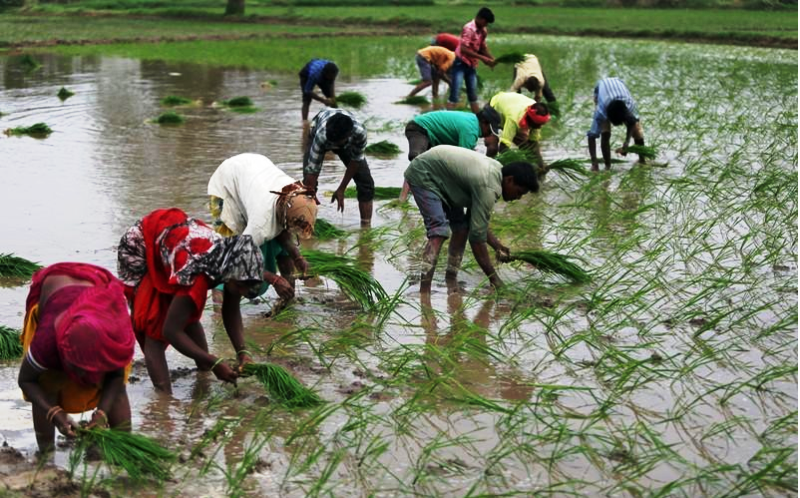
The final retreat of monsoon is expected in the country by October 28, as per the latest weather update from the Nation’s weather department i.e. IMD. The southwest monsoon normally withdraws from the country by October 15. Therefore this year’s withdrawal date has been delayed roughly two weeks.
The Start of Southwest monsoon withdrawal was recorded from some parts of west Rajasthan and Punjab from September 28, according to official reports. Earlier the monsoons retreat used to start from the western part of Rajasthan September 1st onwards. The trend has changed in recent years and the new withdrawal date for west Rajasthan generally begins from September 17. All in all this is the seventh consecutive year for delayed withdrawal of monsoons.
This year monsoons has stayed longer, causing crop damage, thereby pushing prices of onions, tomatoes, and potatoes upward. The prolonged stay has also negatively affected growth of the standing Kharif crops like pulses, cotton and soybean, particularly in Central part of India. Major Kharif crops such as groundnut, soybean and urad have reportedly suffered in Gujarat due to the late rains.
Farmers were disappointed from the September rains since it had adversely impacted the harvest of Mung and Urad in regions of Karnataka and Maharashtra, and the water logging situation has badly affected the pulses soybean and cotton producing areas of these states. Due to delayed withdrawal the late rains in MP and Maharashtra regions was a bad news for the crop growth of standing of major Kharif crops like pulses and oilseeds, and cotton. As a result prices of these Kharif crops are also ruling higher. Sources say that some post-harvest losses in Andhra, Maharashtra and M.P. Chhattisgarh belts may also be seen for soybean in near term. It will few more weeks to assess the extent of damage in the affected states.
The monsoon has retreated from the north and central India so far, and is expected to quickly move across India, before leaving from Kerala. Monsoon also enters from this state every year. The monsoon winds had started retreating from Rajasthan on September 28, but numerous low-pressure areas over the Arabian Sea and Bay of Bengal related in the prolonged stay in the country. As a result intense rains and flooding were observed in eastern and central Indian states, and damaged some of the standing crops.
The late rains are however considered beneficial for the maturing Kharif crops such as rice in several areas and also beneficial in supporting the Rabi sowing, due to enhanced soil moisture levels. The monsoon's extended stay resulted in excess rainfall this year, leading to a 9% surplus over previous year.










